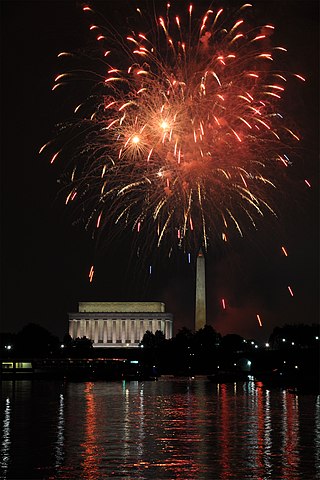
by Alice LoCicero
North Dakota: At the daily meetings, anyone who wishes to speak can do so, for any length of time, on any topic. Others listen carefully, patiently, and respectfully, in order to learn from those who do, and those who do not, initially look like they have a lot to teach.
For non-natives, noticing the patience and listening attentively is the first lesson: That there is a different way to engage—that unwavering focus with determination to meet a known goal is not the only—and not always the best–approach. That pushing someone to get to the point might lead you to miss the point entirely.
The wisdom the speaker has to share might come in the first sentence or the last paragraph, or throughout the comments. You cannot know in advance. You must remain engaged.
In the meetings I attended, some who spoke had traveled—some by foot– hundreds of miles to share their experiences and their hard-won wisdom—from other actions in other times.
Grandmothers led the communal prayers that began each meeting, and ended it, and their prayers of gratitude, of memory, of humble request, and of hope, were enhanced by drumming and singing, done by men—usually young men. Those prayers reminded us we were all in this together now—indigenous people, immigrants—voluntary and forced–and the descendants of immigrants. All races and ethnicities.
We all share this one, beautiful, earth. And every meeting left me in hope and awe, as I watched privileged young men and women—the descendants of colonizers–who had opted to learn, for now, from their indigenous relatives, rather than from their college professors. And oppressed young men and women who had committed themselves to stand up and lead others in non-violent actions to protect the earth.
Everyone there was ready to stand with all willing relatives—we are all relatives–putting our bodies and souls on the line to protect the water for future generations.
This experiment in democracy, sustainability, justice, egalitarianism and community was not viewed favorably by the larger community. It was viewed with suspicion, hatred, and condemnation. And the response of the authorities in the nearby non-native communities, with the support of non-native community members, was unbridled, unjustified, absurd levels of violence, both direct and indirect. Violence toward the water protectors and toward the water itself.
Indeed, for hundreds of years, the democratic, egalitarian, spiritual, communal societies of indigenous western hemisphere natives have been viewed by non-natives with fear and hatred.
Natives have consistently been treated with absurd levels of violence, because, for all this time, the settler/colonizers did not—and probably could not–see the indigenous groups as human. If they had, it would have posed a challenge to the colonizers’ values and way of life, with its central assumption that it is normal for humans to be driven by greed, competition, and individualism. With such values, respect is given not to those who share, but to those who own land, animals, and people.

Dr. Alice LoCicero is currently a visiting scholar at The Wright Institute in Berkeley, California, and president-elect of the Society for the Study of Peace and Conflict (Division 48 of the American Psychological Association.) Dr. LoCicero was the first president of the Society for Terrorism Research. She is author of two books and several peer-reviewed articles on terrorism. Her recent scholarship has documented the costs of the US counterterrorism policies, focusing on the flawed Countering Violent Extremism programs, and the American Psychological Association’s actions that supported torture of detainees at Guantanamo and other sites. Dr. LoCicero was shocked to see water protectors at Standing Rock, who were committed to non-violence, being treated as if they posed a threat equivalent to terrorists.


